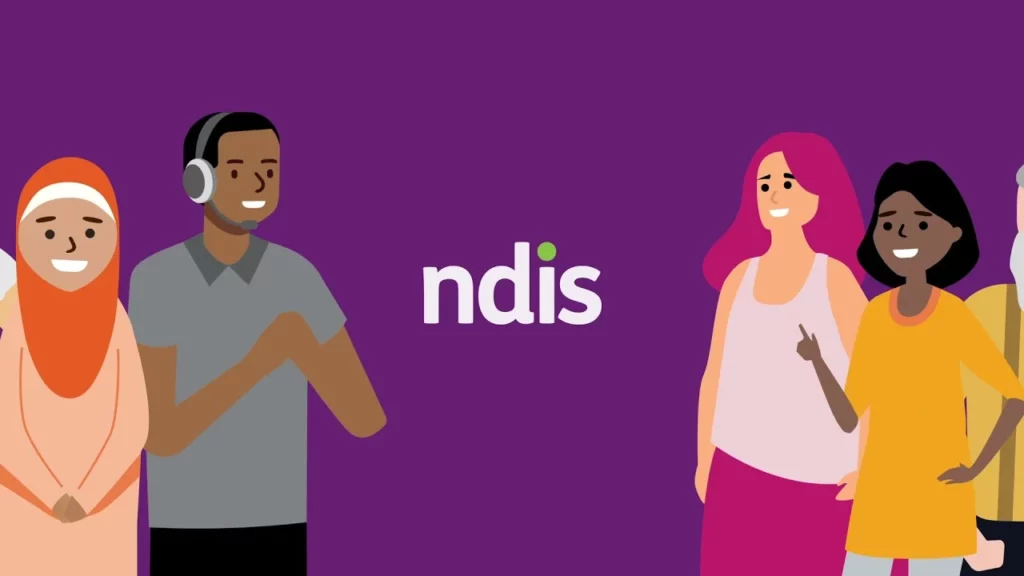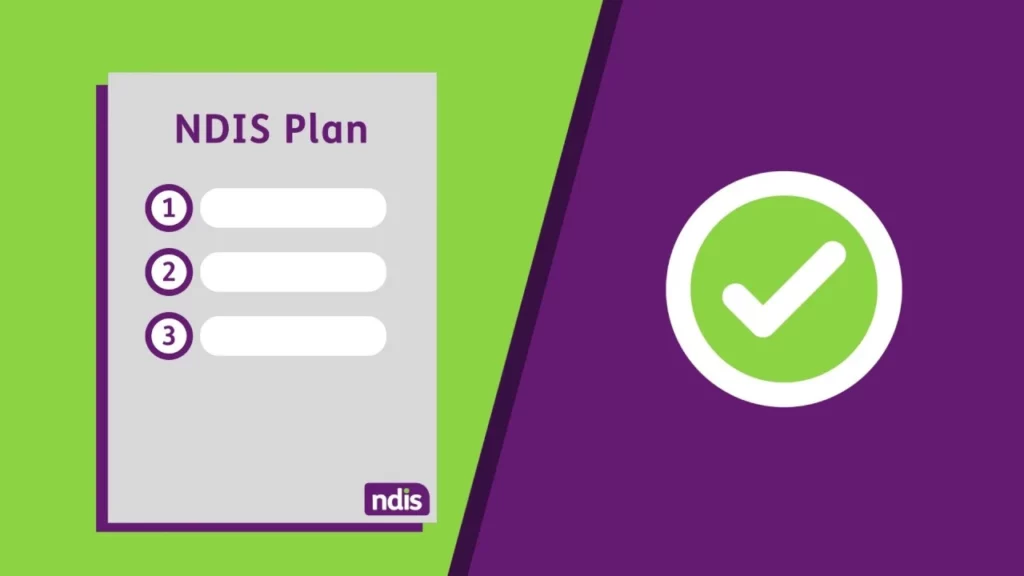Being a care provider at NDIS can be challenging to say the least, sure the job can be rewarding but one must throughly research the industry before making a foray into making this as a career option. As dedicated professionals in the disability support sector with NDIS you play a crucial role in empowering individuals with disabilities to lead fulfilling lives. However, working within the NDIS framework can sometimes be tough due to its complexity and evolving nature. In this article, we’ll try and explore essential tips and strategies to help you successfully navigate the NDIS landscape and provide the best possible support to your clients.

1) Understanding the NDIS
If you want to succeed within the NDIS then its important for you to understand how that system works and what are its underlying principles. As a prospective care provider deep knowledge of its core concepts, its person centered approach, and the various support plans available under it multiple schemes is extremely important to succeed in this challenging field. Additionally, keep up with the latest NDIS guidelines and policies to ensure you remain compliant and have access to accurate information.
2) Communication is Key
For you to succeed as a NDIS service provider you should be able to effectively communicate and engage not only with your clients who would have some form of disability but also with their families and other parties involved. Be clear and concise with your support plans and what you intend to achieve in a set period of time, practice active listening and empathy with your clients and make sure that all parties feel heard and represented in the care journey.
3) Client First Approach
Policies at NDIS are designed around the idea of placing the participant at the center of all decisions made about care and support. Actively embrace this person-centered approach by involving your participants in fixing their goals, developing their care plans, and evaluating progress. This approach enables individuals to take control of their lives and build a sense of independence and self-determination.

4) Building Relationships
Your success and longevity as a NDIS care provider would eventually depends on the relationships you foster and build over the years. Your working relationships with support coordinator, therapists, other NDIS professionals will build the basis for the kind of care you will be able to offer your participants with. Hence spend time in building a culture of teamwork, share knowledge, and expertise to provide comprehensive and coordinated support for clients. Joint efforts can lead to better outcomes for everyone involved then you flying solo !
5) Keeping updates
The NDIS landscape is changing continuously and the only way to keep up is by staying on top of all those updates. Keep yourself informed of all the policy changes and updates that would effect your ability to service your participants. Stay informed about the latest developments through official NDIS channels, newsletters, webinars, and others. Being up-to-date ensures that you can provide accurate information to clients and adapt your strategies to adapt with any changes in the NDIS scheme.
6) Accept Challenges
Being a care provider for disabled participants in itself is very challenging, add to that the worries of navigating the NDIS and its various schemes. One should be prepared to face challenges, such as plan reviews, funding cuts, or changes in a participant’s circumstances. Stay focused, resilient, adaptable, and always vouch for the best interests of your clients. Utilize the NDIS complaints and feedback mechanisms when required to resolve issues and improve service delivery.
Providing Custom NDIS Web Design Services Sydney – Contact Us
Conclusion:
As NDIS professionals, you make a direct impact on the life of a person with disability by empowering them to a life of freedom and choice. While you might have gotten into this by chance or will, if you are able to navigate the NDIS properly, the quality of service you could offer to your participants increases tremendously. Remember care services should always be centered around your subject of care, your participant. Try and foster meaningful relationships, and keep yourself updated about changes to the NDIS. Together, you can create a more inclusive and supportive society where people with disability also are given a fair share to freedom and happiness !